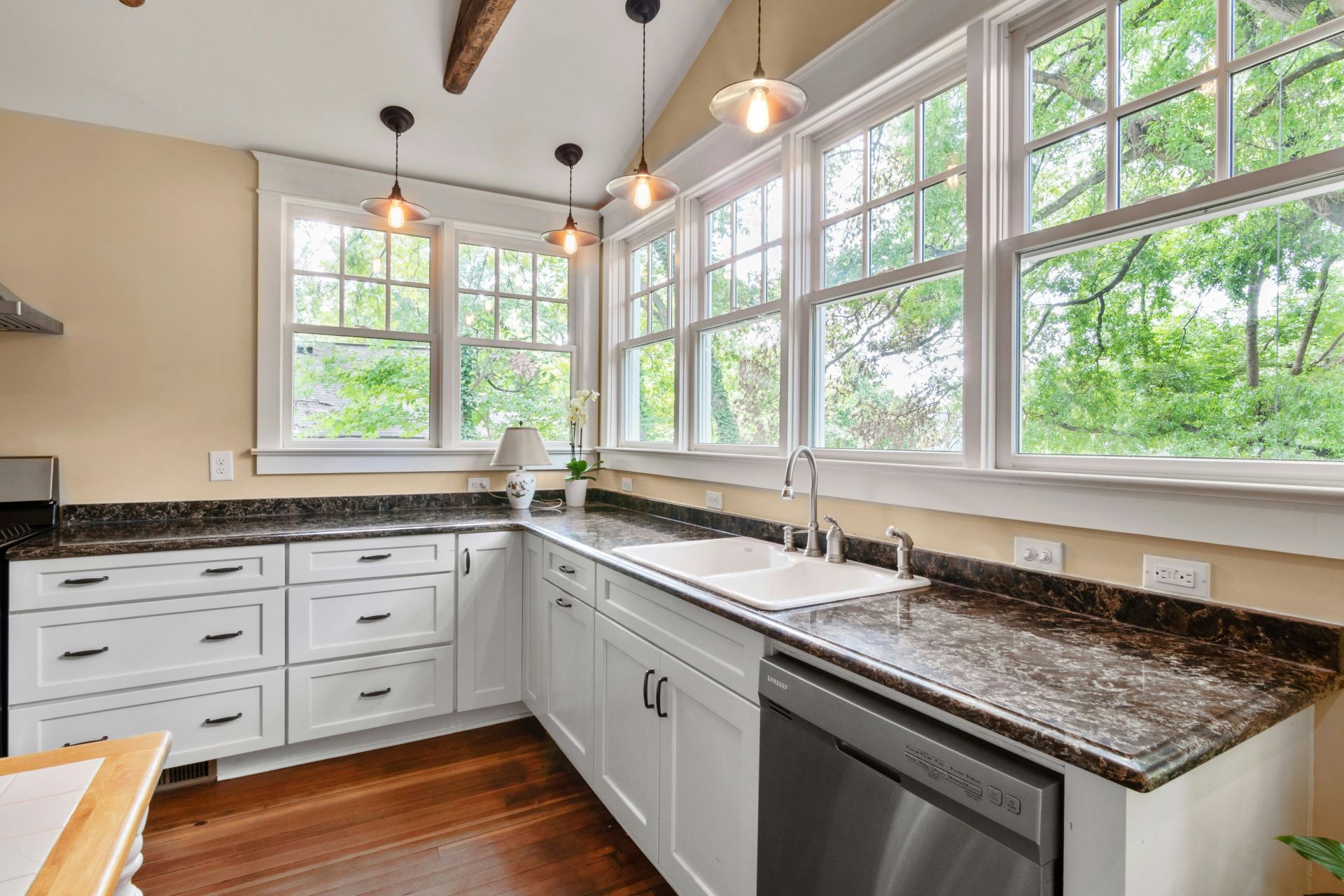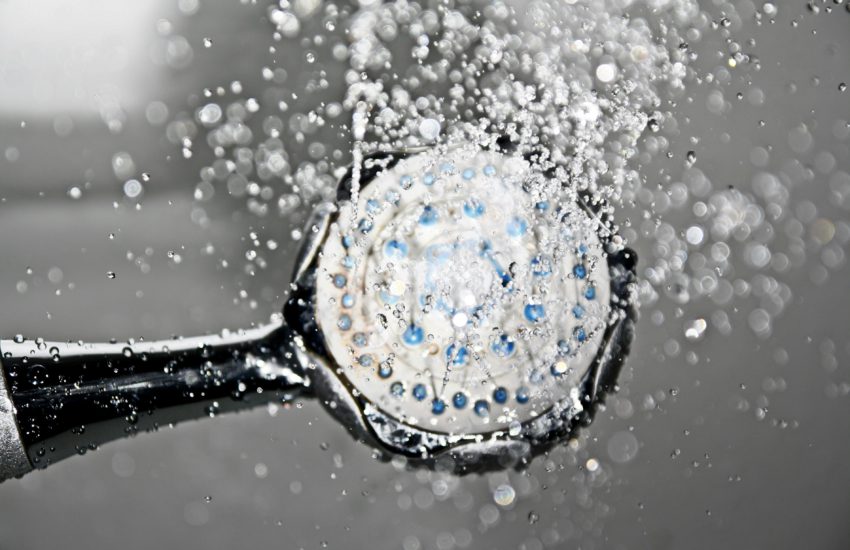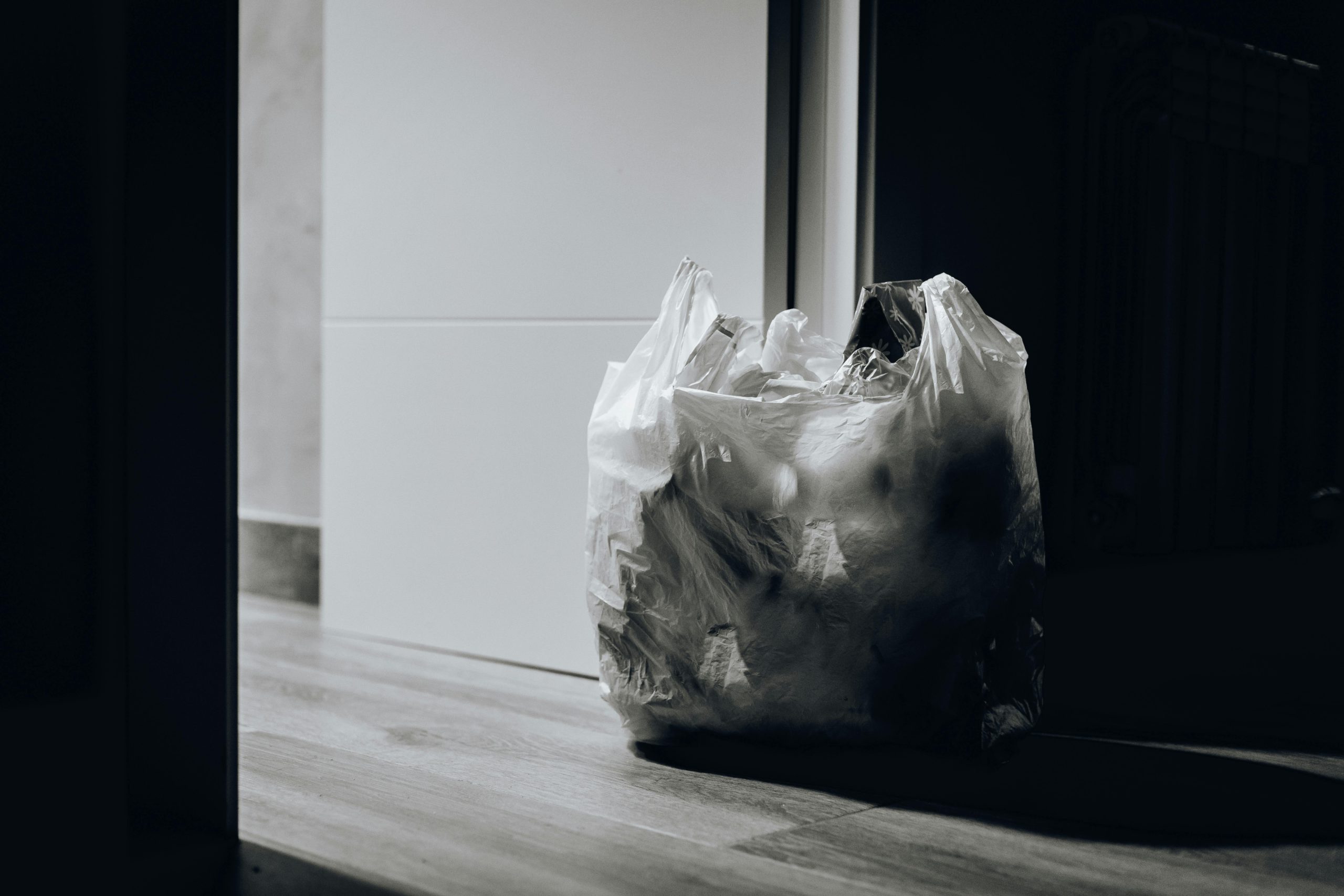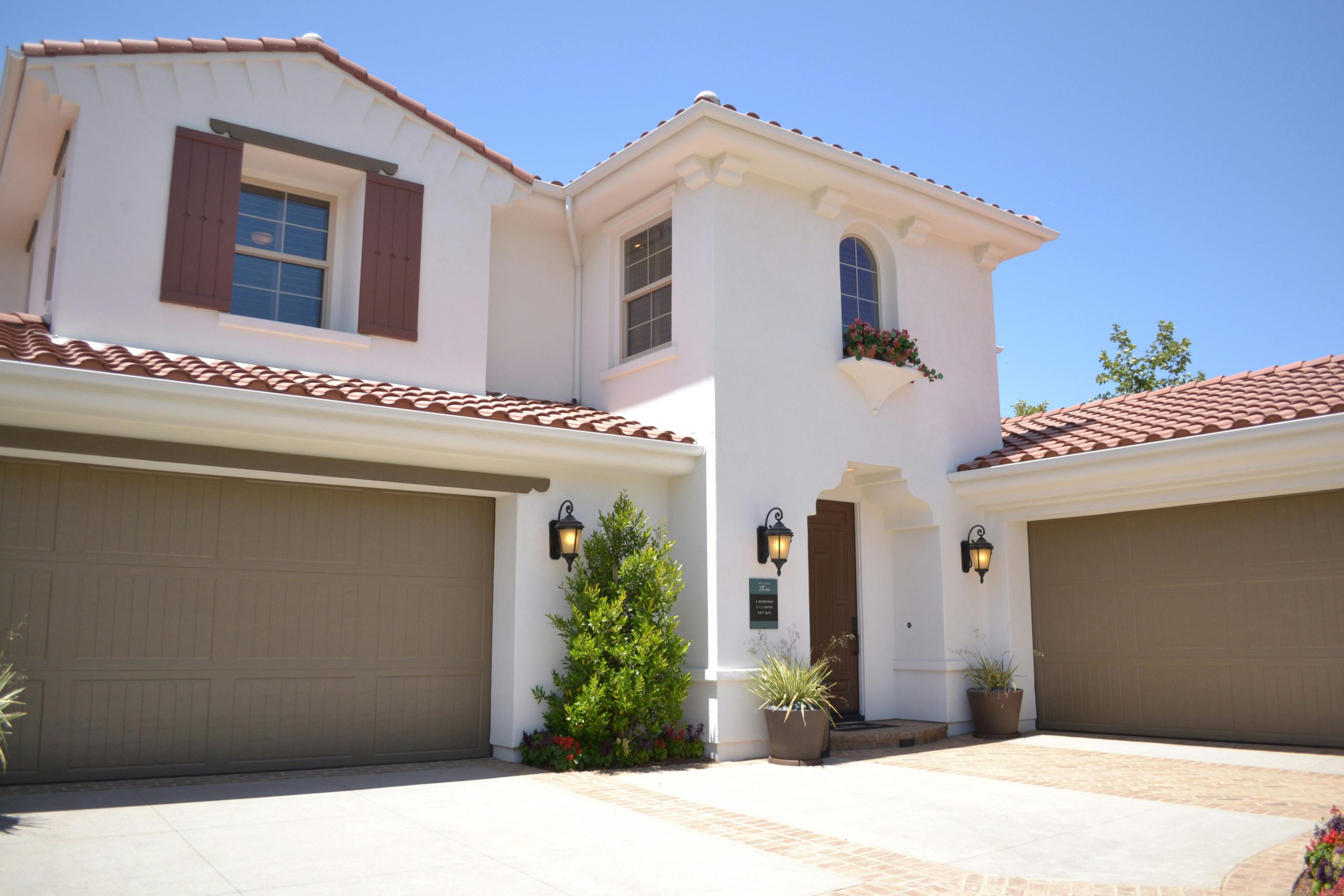Protecting Your Home Appliances With a Water Softener Installation
Hard water can damage your home by causing harm to your appliances and plumbing over time. A water softener removes minerals like calcium and magnesium that make the water hard. Water softener companies have the expertise to properly install these systems in your home, as they can assess your water hardness, choose the right model for your needs, and provide a seamless setup.
Benefits of Installing Water Softener
Softening water involves removing minerals responsible for scale buildup, enhancing appliance efficiency and longevity. Dishwashers, washing machines, and water heaters benefit from this, as their performance is improved and the need for costly replacements is reduced. Hard water causes scale buildup that impedes appliance performance, increasing energy usage. Softeners can contribute to lower energy consumption in the household.
Water softeners also play a role in preventing plumbing issues. The accumulation of scale from hard water can cause blockages and reduce water flow within pipes and appliances. Water softeners treat and soften the water, reducing scale buildup and helping to prevent corrosion. This increases the lifespan of the plumbing system and reduces repair costs.
Factors to Consider When Selecting a Water Softener
Here are a few aspects to keep in mind when choosing the right water softener for your home’s needs:
Usage and Hardness
Water softener companies test water to identify the hardness level of your water supply. The amount of water your household uses also plays a role in determining the size and capacity of the water softener you need. A large family or a household with high water consumption may require an extensive system. A small household with less water consumption might require a simpler or smaller system.
Capacity
The capacity of a water softener determines how much hard water it can treat before needing to regenerate. Systems with higher capacities can soften more water. Choose a system that will make sure you have a consistent supply of softened water, even during peak usage times.
Available Area
Some systems require more room than others. Measure the space you have available. Factor in access for maintenance tasks such as refilling the salt tank. A compact design may be ideal for homes with limited space, while larger homes or those with dedicated utility rooms will have more flexibility.
Bypass Valve
A bypass valve allows you to divert water away from the softener. This feature is handy during maintenance or when softened water isn’t needed, such as when watering the garden. Having a bypass valve provides flexibility and can prolong the softener’s life by reducing unnecessary use.
Regeneration Style
The regeneration style of a water softener refers to how the system recharges its resin beads, the component that removes the hard minerals from the water. Some systems regenerate based on a timer, while others regenerate based on actual water usage. Systems that regenerate based on use may be more efficient. This is because they only restore when necessary, saving on salt and water.
Work with Water Softener Companies
Investing in a water softener for your home may not only improve the taste of your water, but it is also an investment in protecting your appliances. Partner with a professional water softener company today to protect your appliances and decrease energy use. These experts can assess your water hardness levels, recommend the best softening solution, and handle the installation.




